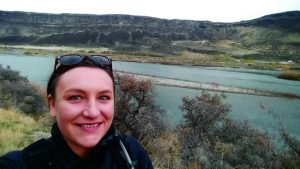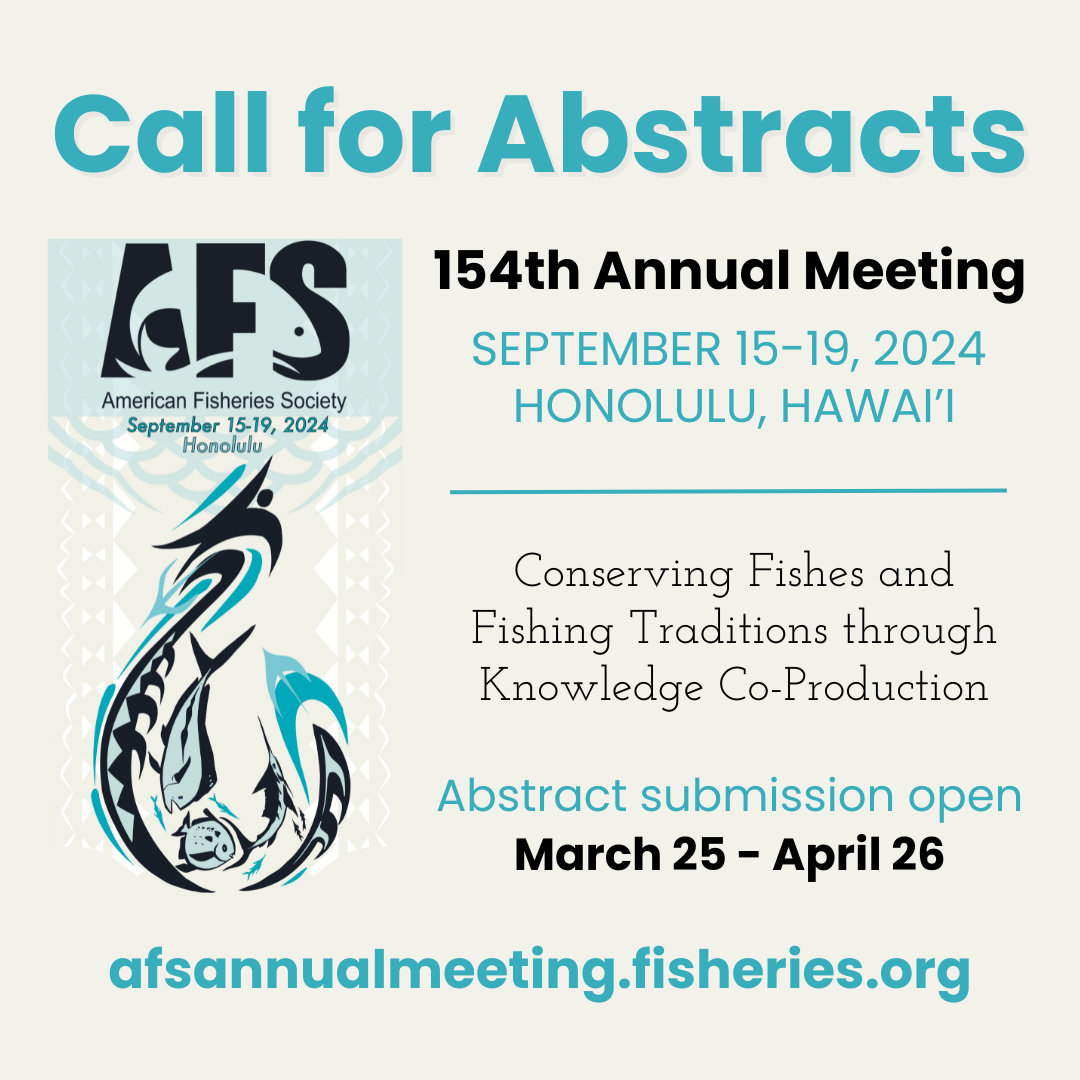 By Jesse Trushenski, AFS First Vice President
By Jesse Trushenski, AFS First Vice President
Imagine yourself sitting in a fisheries staff meeting or in the audience at an AFS meeting. If you look to your left, then to your right, the odds are that at least one if not both of the people seated next to you are white men. Although our field is growing incrementally more diverse, our demographics fall short in comparison with the technical diversity of the fisheries profession or the biodiversity of the resources we value. I hope future fisheries gatherings will find me seated next to more women, people of color, those identifying as LGBTQ—people who look and live like me and people who don’t. Until that happens—and even after—I feel a responsibility to do my part to make our profession one that welcomes diversity and is something underrepresented groups want to be a part of. It’s in this spirit that I am writing these words.
The 2016 election has been gut-wrenching, by turns inspirational and demoralizing and with more vitriol that any of us would likely care to see again. While pundits talk of “landslides,” the truth is that our elections are never that decisive. Every four years, roughly half the country must come to terms with a loss. Now that it’s over, our leaders are telling us that it is time to come together as a country and heal the wounds we have inflicted on ourselves. The validity and strength of our democracy depend on our ability to follow that advice, mend what’s been broken, and build a shared future together. That process is always more difficult for those whose candidate lost the race, but some will find getting up and moving on harder now than in aftermath of previous elections. There was much more on the ballot this year than different approaches to governance. For those of us who saw something of ourselves and our experience in the democratic candidate, Hillary Clinton’s loss wasn’t just about liberal vs. conservative policies—for many, it felt like a personal repudiation.
During my career, I have thought of my gender relatively infrequently and haven’t encountered what I would consider overt sexism. In that, my experience is probably measurably better than that of my female predecessors. By the way, thank you, ladies, for persevering and paving the way for people like me. But I have known marginalization and had my strengths undermined by labels like pushy…ambitious…nasty. Beneath, within the noise of the 2016 campaign I heard a discouraging, if unintended message: knowledge, experience, hard work, and dedication are easily undercut by such things as the way you dress or the sound of your voice. Whether you like her or not, Clinton is a formidable woman. Witnessing the trivialization of her career on the basis of whether or not we’d like to have a beer with her left me with a familiar hurt in my heart. Politics aside, I felt sorrow for the dissection and dismissal of a woman who, for some, just wasn’t fun or attractive enough and unworthy of substantive consideration.
For many Americans, this post-election reconciliation is going to be more difficult than in years past. The personal is political and vice versa. The unwelcome surge of emotion I have felt in recent days will undoubtedly fade, but even fleeting feelings of “otherness,” isolation, and undervaluation can dissuade smart, productive, formidable people from joining our profession. We all see the world—this election and otherwise—through the lens of our own experience. Coming together as a nation depends on our ability to understand and respect these differences. The same is true for making the fisheries profession more diverse and welcoming. Be sensitive to the experiences of others. Be aware, decent, respectful, and encouraging. Be an ally. Be your best. And come sit next to me.


 By Jesse Trushenski, AFS First Vice President
By Jesse Trushenski, AFS First Vice President


